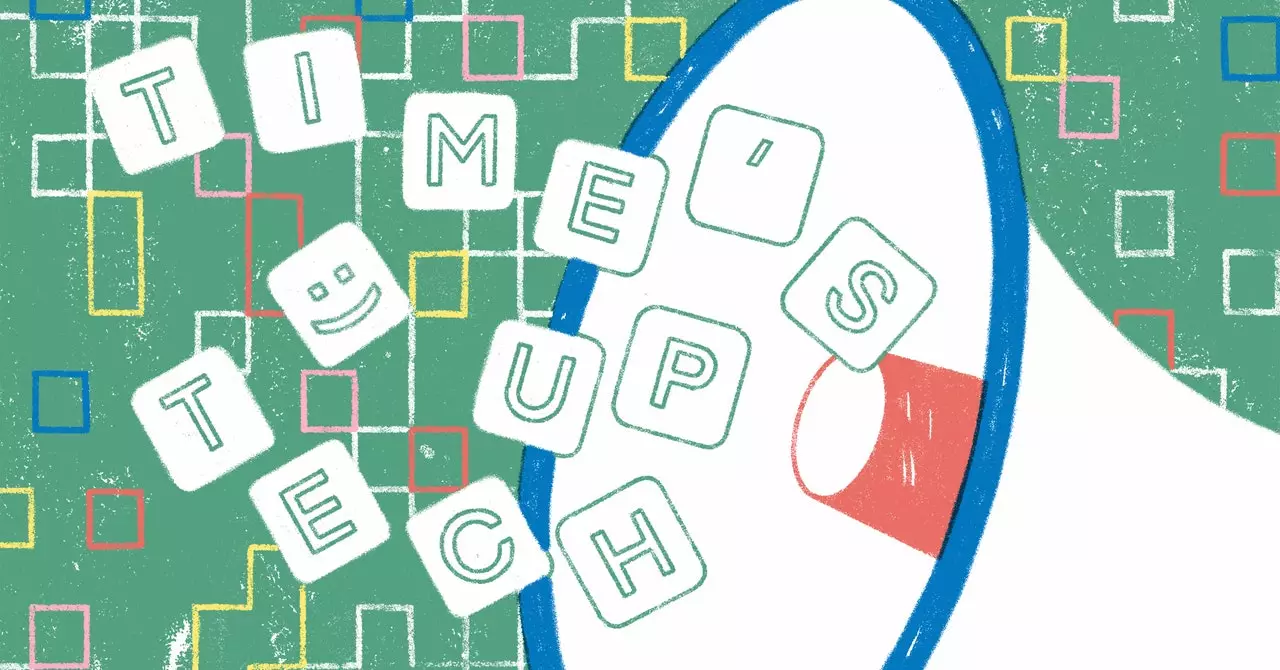The perception of the technology sector has long been defined by the appeal of its pioneers, often dubbed “tech bros.” However, as we look forward to 2025, this once-bright halo appears to be dimming, revealing shadows of inequality and discord within the computing landscape. The supposed innovation and forward-thinking mentality that typifies this industry stands in stark contrast to its troubling workforce dynamics, particularly regarding the systemic marginalization of women and nonbinary individuals.
Despite the tech industry’s narrative of being at the forefront of change, one glaring issue remains: the blatant underrepresentation of women and nonbinary workers. A mere 21% of computer programming roles are occupied by women—a statistic that becomes even bleaker when considering the racial disparities within this group. Only 2% of women in these roles are African American, and 1% are Latina. Such figures indicate not only a failure to attract diverse talent but also an alarming trend of exclusion that is only exacerbated during times of economic downturn. For instance, during the significant layoffs of 2022, women bore the brunt of job losses, comprising nearly 70% of those affected. This data points toward a broader, insidious issue within tech culture—a culture that is rooted in practices and attitudes that are both discriminatory and toxic.
The gaming of workplace culture through what has been dubbed “The Bro Code” fosters an environment where aggressive behaviors prevail, and cohesive altruism takes a backseat. The foundational elements of this code—precision questioning, abstraction, aggression—cultivate an atmosphere of hostility rather than collaboration. This not only impacts recruitment and retention efforts but also discourages a sense of community and support among employees. Women and nonbinary individuals, who often seek environments conducive to agency and advancement, find themselves at a disadvantage in such cultures that prioritize dominance over inclusivity.
Moreover, the leadership structures in many tech companies further entrench this divide. Often characterized by authoritarian practices, those at the top are tended to cultivate silos that discourage open dialogue. Instances of this can be seen in the recent events surrounding the Grace Hopper Celebration, a significant venue for women in tech. Many attendees reported facing harassment and vocal aggression from male counterparts, pointing to not just isolated incidents but a systemic issue underpinning the culture of computing. If spaces that are designed to uplift minority voices become battlegrounds for their disenfranchisement, what does that say about the industry as a whole?
The dissonance between the altruistic motivations of many employees and the profit-driven motives of their companies cannot be ignored. Time and again, it has been demonstrated that while technical skills can be harnessed for the benefit of wider society, corporate ambitions often redirect these talents towards self-serving goals. Consider the experiences of individuals like Lynn and Shauna, whose initiatives to aid underrepresented groups were stifled by commercial interests that prioritized market gain over societal impact. Their stories reflect the frustration felt by many who yearn for their work to contribute positively to the world but instead find themselves navigating industrial red tape and corporate apathy.
Looking ahead to 2025, it is evident that a reckoning in the tech industry is looming. The nascent movements advocating for gender equality, labor rights, and social justice continue to gain momentum. Coalitions among disenfranchised workers are evolving, positioning themselves as a formidable force against the antiquated power structures that dominate. The 2018 walkout at Google served as a catalyst, showcasing the potential of collective action in demanding accountability and transparency.
As the public grows increasingly aware of the ethical ramifications of technology, the antagonisms that lie within the industry’s foundations will begin to fracture the monolithic control of the “Bro Code.” Activism will not only challenge existing power dynamics but will also pave the way for a more equitable and just tech landscape. It’s crucial that as we advance, we prioritize inclusion over exclusion, integrity over exploitation. The future of computing may yet be illuminated by voices that have long been sidelined, heralding a new era marked by both diversity and accountability.

